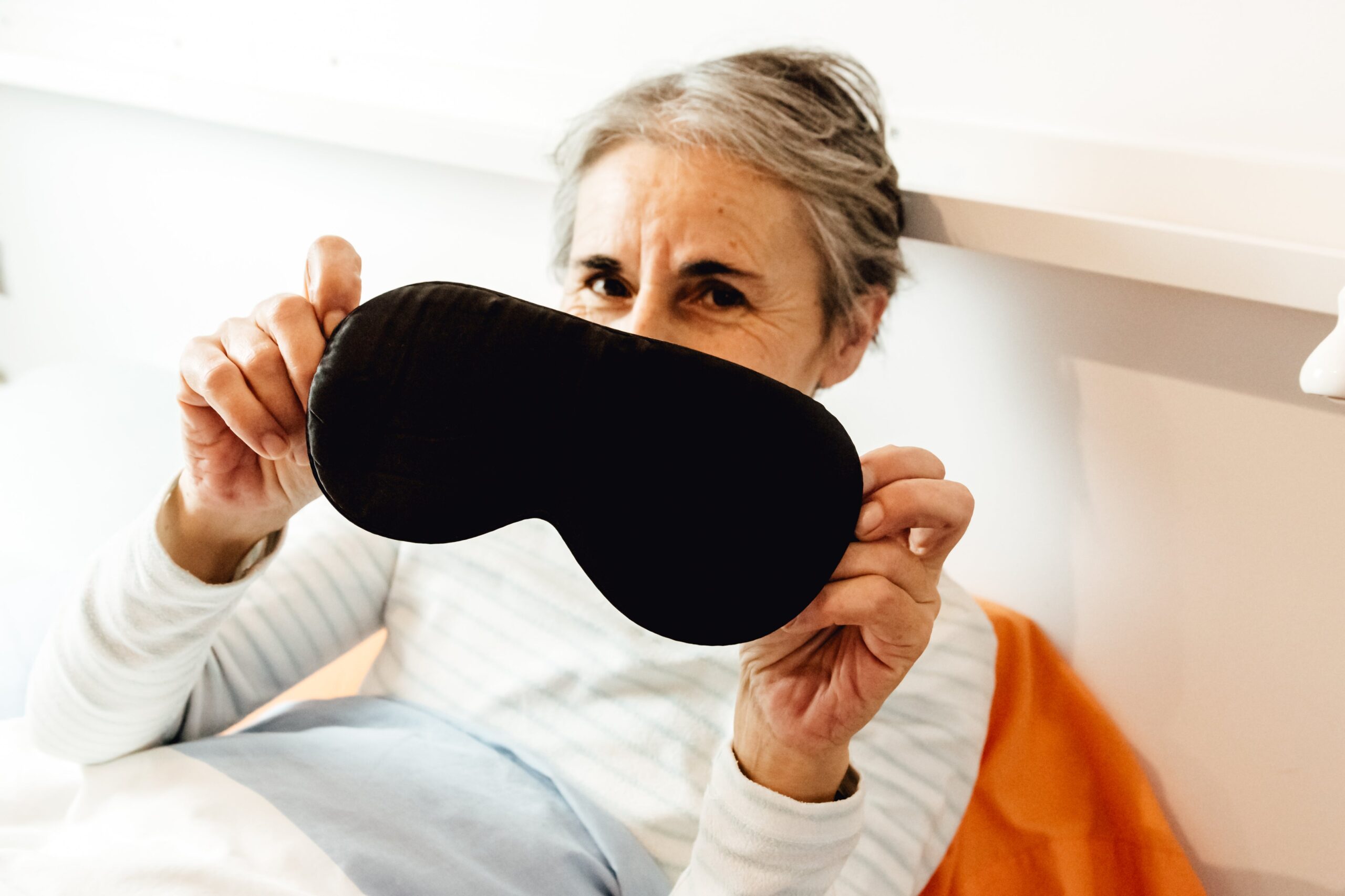As with any fundamental aspect of human life, myths and misconceptions about sleep abound. Let’s debunk some of the most common ones.
- Everyone Needs 8 Hours of Sleep:
- Truth: While 7-9 hours is a general guideline for adults, individual needs vary. Some people might feel rested with 6 hours, while others might require a full 9 hours. Factors like age, lifestyle, and genetics play a role.
- Older Adults Need Less Sleep:
- Truth: The need for sleep doesn’t necessarily decrease with age. However, older adults might sleep more lightly and for shorter time spans, leading to the perception that they need less sleep.
- If You Can’t Sleep, It’s Best to Lie in Bed Until You Do:
- Truth: Staying in bed while anxious about sleep can create a negative association between your bed and sleep. If you can’t sleep for more than 20 minutes, it’s often better to leave the bedroom and engage in a quiet activity until you feel sleepy.
- Snoring is Normal and Harmless:
- Truth: While occasional snoring can be harmless, frequent and loud snoring might be a sign of sleep apnea, a serious sleep disorder where breathing is briefly and repeatedly interrupted during sleep.
- More Sleep is Always Better:
- Truth: Just as there’s such a thing as too little sleep, there’s also such a thing as too much sleep. Consistently sleeping more than 9-10 hours might be indicative of an underlying health issue.
Understanding sleep’s intricacies is the first step towards improving its quality. There are implications of disrupted sleep and its impact on attention. But for now, let’s recognize sleep for what it is—a vital, active, and rejuvenating process that forms the cornerstone of our health.
